When a single unsponsored TikTok flip-through sent thousands scrambling to buy a minimalist Bible, Alabaster had just 48 hours to ship—or watch the algorithm cast them out of paradise.
“Christianity today has sort of a bad rap… We want to show there’s a wider spectrum of Christians. We aren’t your stereotypical Bible-bangers, holding the ‘God Hates You’ sign.”
Learn AI in 5 minutes a day
What’s the secret to staying ahead of the curve in the world of AI? Information. Luckily, you can join 1,000,000+ early adopters reading The Rundown AI — the free newsletter that makes you smarter on AI with just a 5-minute read per day.

The Bible That Broke TikTok
Most people don’t scroll TikTok looking to buy a Bible.
But in early 2024, that’s exactly what happened. A viral video showcasing a stunning, minimalist Bible from a small publisher named Alabaster lit up the algorithm. The clip showed the pages fanned out like a fashion editorial—glossy photos, clean typography, soft colors. Not your grandma’s Bible.
It wasn’t even sponsored. Just an organic post from a fan who said, “I didn’t know the Bible could look like this.”
Boom.
Alabaster’s TikTok Shop orders exploded overnight, spiking to holiday-season levels in the middle of April. Problem was, Alabaster wasn’t running at holiday-season capacity. They were a lean operation with boutique inventory, not a warehouse stacked to the ceiling.
And TikTok Shop doesn’t care if you’re small or not. Their rule is simple: ship within 48 hours or lose your ranking.
Suddenly, Alabaster had a blessed problem—how do you deliver thousands of orders, keep your TikTok standing intact, and not crumble under the pressure?

A Viral Spike Meets a Well-Timed Backup Plan
Rewind a few months.
Alabaster was already doing well as a niche publisher. They’d carved out a loyal audience who loved their premium, design-first take on scripture. It wasn’t mass-market stuff—it was intentional, curated, high-touch. But they knew that growth would eventually mean operational stress.
So in late 2023, they made a key move: they onboarded a third-party logistics provider (3PL) called Shipfusion.
The idea was simple. Alabaster wanted to be ready before a big moment arrived. They didn’t know when a spike would come. But they knew that if it did, their in-house setup wouldn’t cut it.
Enter Shipfusion: a full-service fulfillment partner that could manage warehousing, packaging, and shipping on demand.
Fast-forward to the viral TikTok moment.
Orders jumped 135% in April 2024—Alabaster shipped as many units in that one month as they had during the entire 2023 holiday rush. Left to their old systems, the company might have buckled. But thanks to Shipfusion, they didn’t miss a beat.
As the TikTok views climbed, Shipfusion scaled up fulfillment without needing a fire drill. Inventory was shipped out within the 48-hour TikTok Shop SLA, keeping Alabaster’s marketplace ranking pristine.
That part is crucial: because TikTok’s algorithm favors top performers, fulfillment speed directly impacts sales. Miss that shipping window, and your product vanishes from customers’ feeds. Keep it, and the algorithm keeps feeding you traffic.
Alabaster didn’t just weather the viral storm—they turned it into a flywheel.

When Preparation Meets Virality
Here’s the real lesson.
Virality is unpredictable. You can’t force it, and you can’t fake it. But you can be ready when it shows up.
Most brands crumble under sudden attention. They go viral, then get buried under unshipped orders, bad reviews, and platform penalties. It’s the classic “good problem” that turns into a death spiral.
Alabaster didn’t make that mistake.
They invested in back-end scalability before they needed it. That meant when lightning struck, they didn’t have to scramble. They scaled smoothly, protected their customer experience, and stayed in TikTok’s good graces—all while introducing thousands of new buyers to their brand.
No discounts. No paid ads. Just one viral video and a fulfillment strategy that held the line.
And that’s the playbook.
Great product + social proof + operational readiness = explosive growth that doesn’t break you.
Most people only think about going viral on the front end. But as Alabaster showed, the back end is where the real conversion happens.
When the orders poured in, they didn’t pray for a miracle. They just hit “ship.”

🍫 Power Numbers
$66,494 – Amount pledged by 1,227 backers in Alabaster’s debut Kickstarter campaign “The Bible Beautiful – Psalms,” validating the concept before the first print run.
20,000 – Orders fulfilled in April 2024—four times the 5,000 the team had forecast—after that TikTok surge.
118 K – Followers on Alabaster’s TikTok account (@alabaster_co), illustrating the brand’s sizable social reach with design-minded faith audiences.

🍭 More Sweet Reads
Bitcoin hits another record high as Trump’s crypto-friendly moves turn digital gold into a political weapon—and Wall Street comes running.
Ferrero’s $3.1bn takeover of Kellogg gives the Nutella maker a sugary slice of the American breakfast table—just as legacy cereal brands fight to stay relevant in a changing food world.
As the AI arms race heats up, Google is throwing down million-dollar gauntlets in salary, proving that in 2025, code is currency—and top engineers are the new rockstars.
In a beauty industry rocked by tariffs and shifting consumer habits, brands that adopt agentic AI won’t just survive—they’ll automate loyalty, outpace disruption, and redefine what it means to shop.
Tesla’s robotaxi rollout is more smoke than self-driving—for now—but the theater is working, keeping investor hype alive as Musk races to catch Waymo’s lead.
In one of his first speeches since his cancer diagnosis, Biden reminds leaders that real leadership isn’t about metrics or mandates—it’s about birthdays, family dinners, and showing people they matter.

Interested in reaching our audience? You can sponsor our newsletter here.

